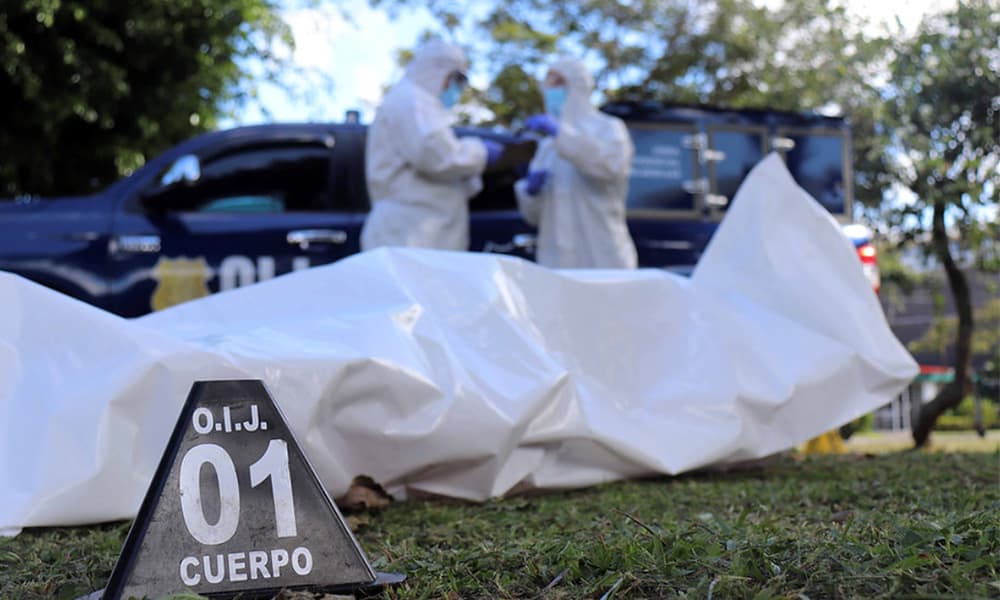President Rodrigo Chaves has again brushed off Costa Rica’s mounting security problems, labeling them as misunderstandings in a recent interview. Speaking on FOX Noticias, he pointed to drug gang rivalries as the main driver behind the spike in murders, insisting that everyday people face little risk.
Chaves explained that most killings happen among street-level drug dealers battling for control of sales territories. “We see a higher number of murders than we’d like, but the vast majority come from wars between these gangs,” he said. He stressed that these conflicts inflate the homicide tally without broadly threatening public safety.
The president tied the issue to broader economic gains, noting that Costa Rica remains a peaceful place overall. “This country still stands as a haven of calm, with an economic surge we haven’t witnessed in years, including strong tourism growth,” he added.
Yet numbers paint a different picture. Since Chaves took office, the country has logged 2,926 homicides. This year alone, murders approach 700, with experts projecting a total near 900 by year’s end. That would rival last year’s 880 and the 2023 peak of 907, marking one of the deadliest stretches in recent history.
Beyond gang clashes, violence spills over. Data reveal 28 collateral deaths, among them eight children younger than 12. These cases highlight how turf wars ensnare innocents, eroding the sense of safety many Costa Ricans once took for granted.
Chaves shifted blame away from his government, targeting laws he calls overly lenient on offenders. “The security trouble doesn’t stem from us; it comes from rules that shield criminals and fail to hold them,” he said. He claimed suspects can fire at police with heavy weapons like AK-47s and walk free shortly after, due to pro-criminal statutes.
He also criticized the judiciary for corruption and quick releases. “We deal with a system where the attorney general sat on a board with known drug figures, and courts let go most arrests tied to small-scale trafficking,” Chaves said. In his roughly 10-minute segment, he stuck to this line, avoiding any admission of administrative shortcomings.
The Legislative Assembly drew his ire too, for blocking reforms. Chaves argued that without changes to favor victims over perpetrators, the cycle persists.
This stance comes as organized crime tightens its grip. Homicides dipped slightly by 4% in the first 10 months compared to prior years, but the rate still hovers around 17 per 100,000 people – far above historical norms. Turf disputes fuel much of the bloodshed, but critics say downplaying the crisis ignores root causes like weak enforcement and rising drug transit through the country.
Public frustration grows. Many residents report feeling unsafe in daily life, a shift from Costa Rica’s longstanding image as a stable oasis in Central America. Chaves’ comments echo past responses, where he has fired security officials amid criticism but maintained that the government isn’t at fault.
As the year winds down, the homicide count keeps climbing. Without concrete steps, the violence shows no sign of easing, leaving families and communities here to bear the cost.






